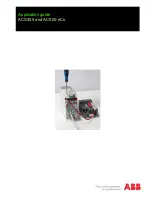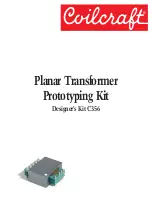
GENERAL FEATURES
20
usually five digits long and it must be dialed using a tone-type tele-
phone. The first two digits are the home repeater number of the mobile,
and the last three digits are a telephone ID code of that mobile. With
LTR interconnect equipment, the first digit must be dialed within 5
seconds of hearing the tone, and no more than 5 seconds must elapse
between digits or the call is terminated.
3. Ringing is then heard by the landside caller while the mobile is being
rung.
NOTE: The preceding procedure may vary, depending on the type of
interconnect equipment in use in your system.
GENERAL FEATURES
AUX1 and AUX2 Switches
The front panel AUX1 and AUX2 (Auxiliary) switches can each be
programmed to control one of the features listed below. The other two
option switches (SCAN and A/D) have fixed functions or are disabled.
•
Squelch adjust (see page 14)
•
Horn alert (see page 22)
•
Monitor (see page 33)
•
Home channel select (see page 22)
•
Priority channel sampling (see page 34)
•
Talk-around (see page 34)
•
Encryption (see page 21)
•
Option select (see page 23)
When the function controlled by AUX1 is enabled, the upper
decimal point in the display is lighted, and when AUX2 is enabled, the
lower decimal point is lighted (see following illustration).
















































